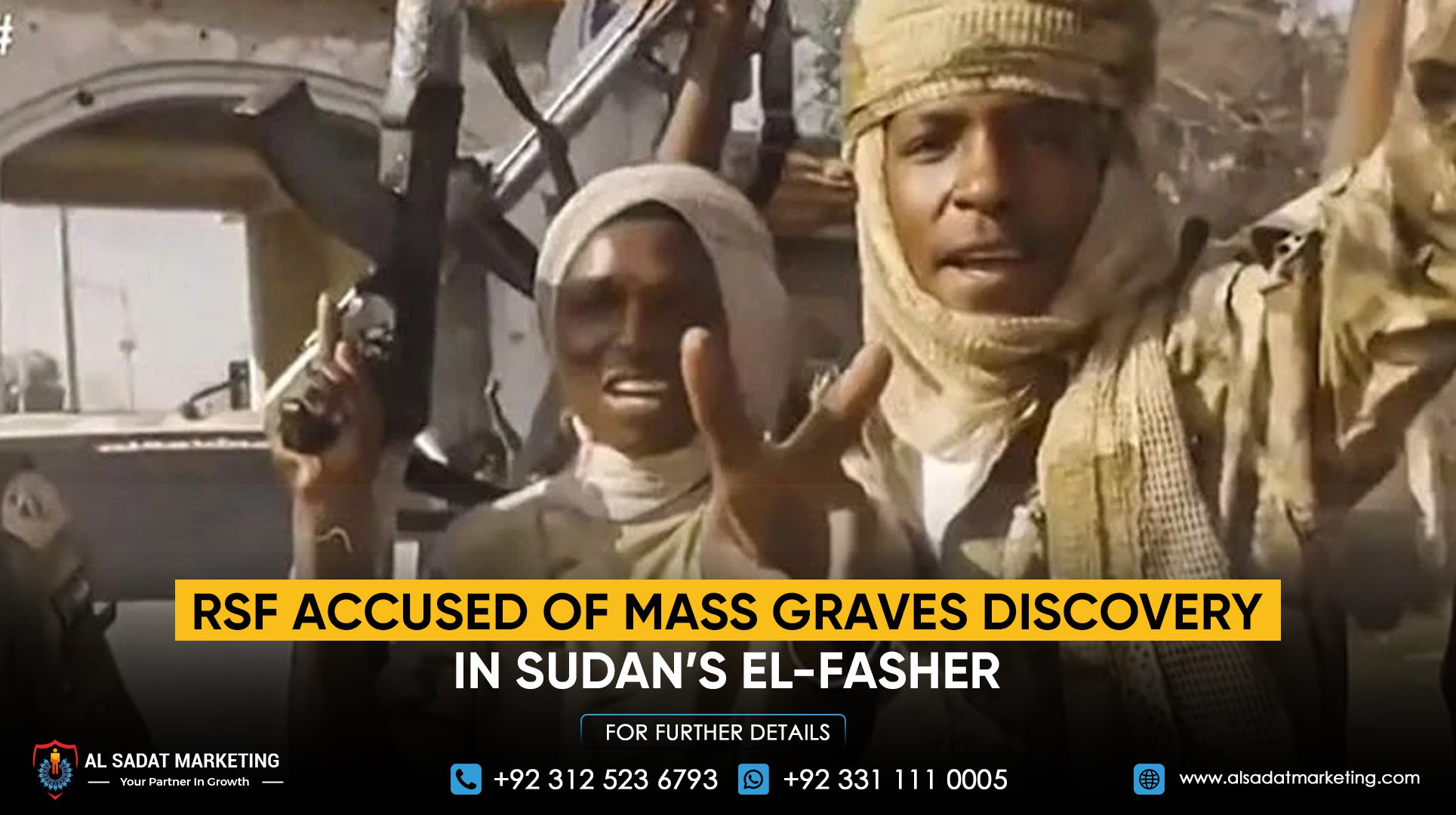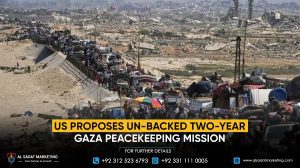The paramilitary Rapid Support Forces (RSF) in Sudan have been accused of digging mass graves in the city of el-Fasher to hide evidence of a large-scale killing of civilians, according to a U.S. researcher. The development has raised serious alarm over the humanitarian situation in North Darfur, where thousands of people remain trapped without aid.
Nathaniel Raymond, who leads the Humanitarian Research Lab at Yale University, told Al Jazeera that RSF fighters appear to be collecting and burying bodies in an attempt to cover up what he described as a massacre. He said satellite images and eyewitness accounts indicate that bodies are being moved and buried in multiple locations.
The RSF took control of el-Fasher on October 26 after the Sudanese Armed Forces withdrew. The two sides have been involved in a violent power struggle since April 2023, a conflict that has spread across Sudan and displaced millions.
The United Nations says more than 70,000 people have already fled el-Fasher and nearby areas since the takeover. Rights groups and survivors report executions, sexual violence, and widespread attacks on civilians. Humanitarian agencies warn that thousands who remain in the city have no access to food, clean water, or medical assistance.
UNHCR official Jacqueline Wilma Parlevliet said the situation is becoming more critical as humanitarian teams are blocked from entering the region. She stressed that without immediate access, many more lives are at risk.
Even before the takeover, el-Fasher had been under siege for over a year and a half, according to Sudanese journalist Abdallah Hussain. He said the city was already suffering from shortages of medicine and supplies, and the situation has now worsened dramatically.
RSF leader Mohamed Hamdan Dagalo, known as Hemedti, has said that an investigation into the reported atrocities will take place. However, Raymond dismissed these statements, saying the RSF cannot be allowed to investigate itself. He called for the withdrawal of RSF fighters and the entry of UN and Red Cross teams so that independent humanitarian assessments and documentation can begin.
Raymond also warned that the death toll in el-Fasher could be extremely high, possibly exceeding casualties recorded in other major conflict zones in recent years. He emphasized that urgent international attention and access are needed to prevent further loss of life.
The situation in North Darfur remains highly unstable, with civilians bearing the heaviest burden of the ongoing conflict. International organizations are calling for immediate humanitarian corridors and pressure on all parties to allow relief operations.










